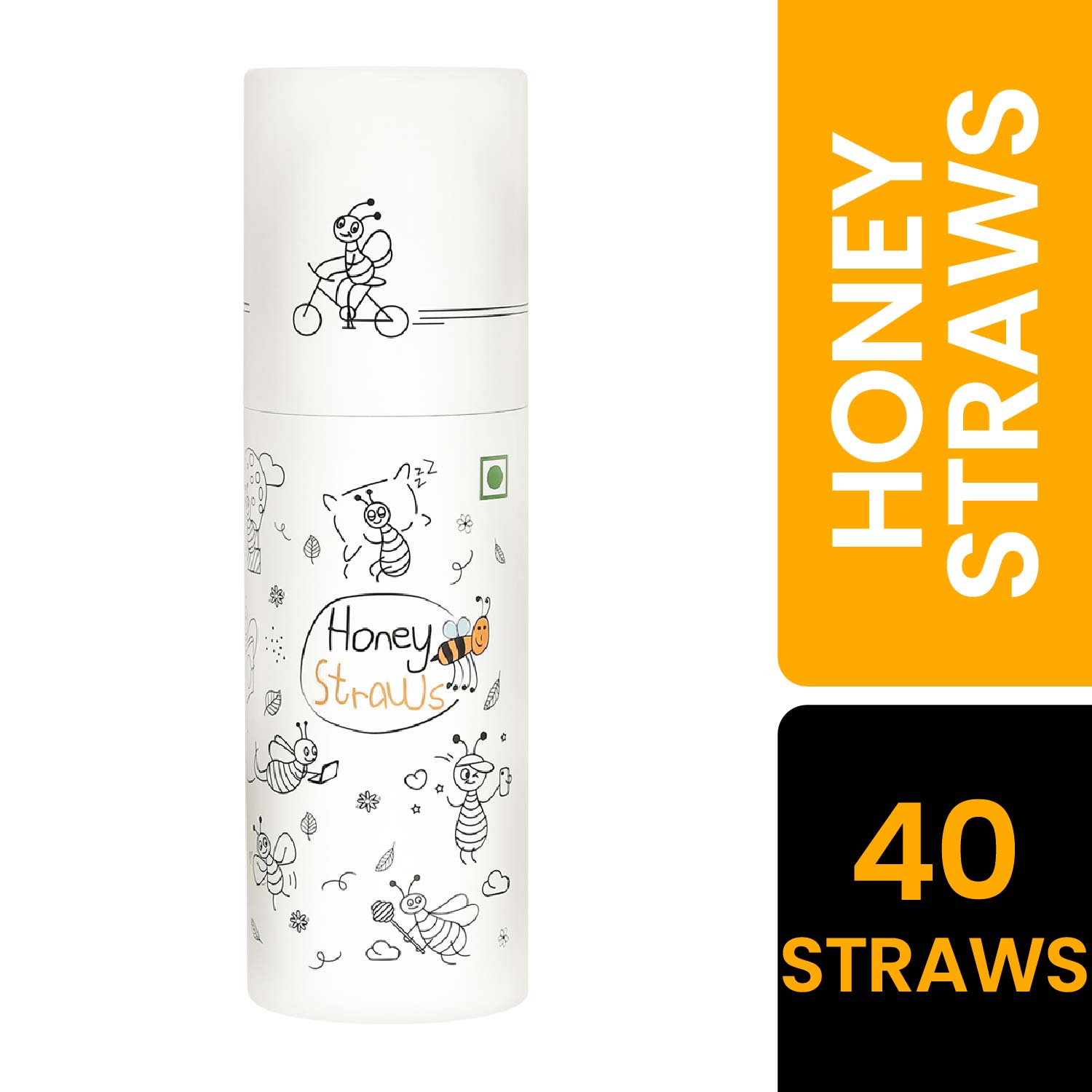Introduction:
At HoneyAllday, we are not only committed to providing you with the finest cold processed honey but also to promoting environmental awareness and conservation. Let’s know about the impact of the monsoon season on honey bees, highlighting its significance for our honey and the vital role these pollinators play in sustaining our ecosystem.
Section 1: Habitat and Feeding Habits of Honey Bees
As a cold-processed honey-selling company, we understand the intricate connection between honey bees and their habitats. The monsoon season brings about dynamic changes in the landscape, affecting the availability of nectar-rich flowers and the feeding habits of honey bees.
Section 2: Challenges Faced by Honey Bees During Monsoon Season
Flooding: The heavy rainfall during the monsoon season poses a significant challenge for honey bees. Their nests can get flooded, leading to displacement and potential damage to the colony.
Limited Foraging Opportunities: Prolonged rainfall and moisture can reduce the availability of nectar-rich flowers. Honey bees rely on these food sources for sustenance, and the scarcity of suitable foraging sites can impact their nutrition and overall colony health.
Decreased Pollination Activity: The rainy and cloudy weather during the monsoon season can limit honey bees' pollination activity. With fewer sunny days and clear skies, their foraging and pollination efforts may be hindered, affecting the reproduction of various plant species and agricultural productivity.
Increased Risk of Diseases and Pests: The damp and humid conditions created by the monsoon season can create a favourable environment for diseases and pests that target honey bee colonies. Bees weakened by the challenges of the season are more susceptible to infestations and infections, further compromising their health and survival.
Resource Competition: The monsoon season also triggers increased resource competition among honey bees. With limited food sources available, colonies may need to compete for the available nectar and pollen, potentially leading to conflicts and reduced overall productivity.
Section 3: Environmental Impact and the Importance of Honey Bee Conservation
Ecosystem Balance: Honey bees are crucial for maintaining ecosystem balance through pollination services, supporting food production and biodiversity.
Food Security: Honey bees play a vital role in global food production by pollinating crops, ensuring food availability and diversity.
Biodiversity Preservation: Protecting honey bees contributes to the preservation of diverse plant species and supports the overall biodiversity of ecosystems.
Environmental Stewardship: Honey bee conservation promotes responsible environmental stewardship and sustainable agricultural practices.
Climate Change Adaptation: Conserving honey bees helps build resilience in their populations and supports their ability to adapt to a changing climate.
HoneyAllday believes that by supporting honey bee conservation initiatives, we can contribute to preserving biodiversity, ensuring sustainable food production, and protecting the delicate ecosystems on which we all rely.
Conclusion:
At HoneyAllday, our dedication extends beyond offering you the taste of pure, cold processed honey. We aim to create awareness about the environmental impact of the monsoon season on honey bees. By understanding their challenges and the importance of honey bee conservation, we can all take proactive steps to protect these remarkable pollinators.
Join us in our mission to safeguard honey bees during the monsoon season and beyond. Together, we can make a positive impact on our environment and support the sustainability of our honey, sourced from the thriving habitats nurtured by these incredible pollinators. Choose HoneyAllday and be a part of our commitment to the planet and the well-being of honey bees.





